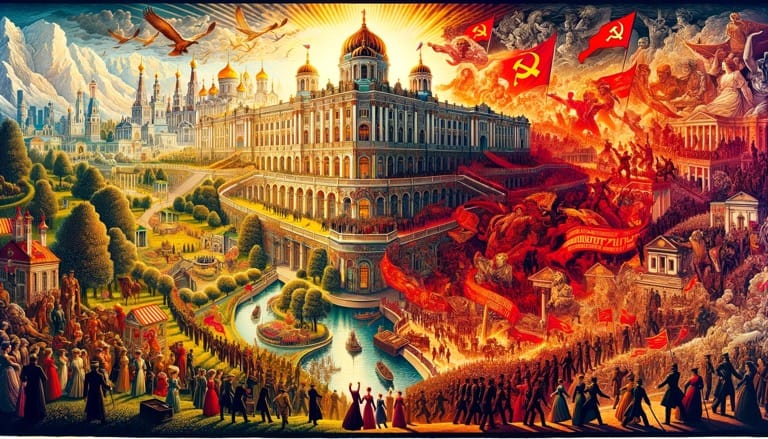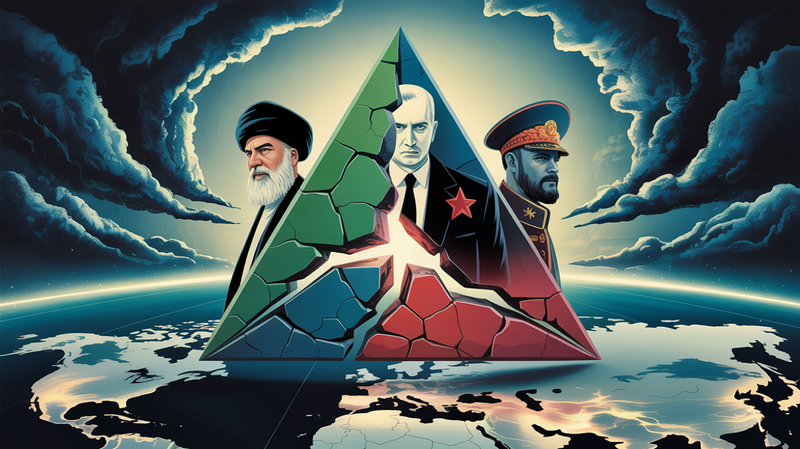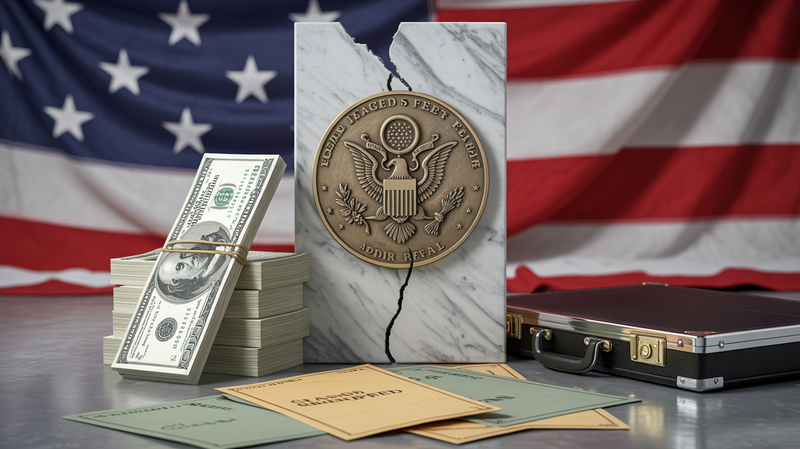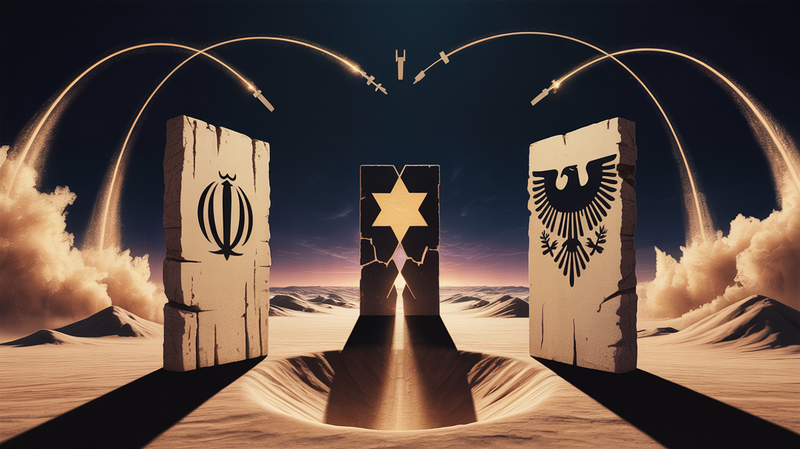Echoes of Empire: Putin's Quest to Reclaim Lost Russian and Soviet Assets
In a move that has sent ripples across the political waters of Eastern Europe and the Baltics, Russian President Vladimir Putin has set in motion a quest that harks back to the bygone eras of the Russian Empire and the Soviet Union. An order from the Kremlin, discreetly issued, has

In a move that has sent ripples across the political waters of Eastern Europe and the Baltics, Russian President Vladimir Putin has set in motion a quest that harks back to the bygone eras of the Russian Empire and the Soviet Union. An order from the Kremlin, discreetly issued, has unveiled a campaign to identify and reclaim properties once held by these former sovereignties.
This pursuit is not merely about the retrieval of physical assets; it's a venture that delves deep into the historical narrative of a nation's past glory and its enduring impact on the present geopolitical stage. At the heart of this directive lies Putin's directive to a specialized state unit, backed by undisclosed funding, to scour the globe for properties tied to the former Russian Empire and the Soviet Union, ensuring that Russia's ownership rights are established and acknowledged.
The implications of such an order are profound and manifold. They resonate with the echoes of an imperial past, where the Russian Empire once sprawled over territories that now constitute modern Poland, Estonia, Latvia, Lithuania, and Finland. This empire, which crumbled under the pressures of World War I and the ensuing Bolshevik revolution, gave way to the emergence of the Soviet Union, which itself disintegrated in the final decade of the 20th century, giving birth to new independent states across Eastern Europe and Central Asia.
Putin's property hunt is not merely an administrative endeavor but a symbolic gesture that speaks volumes of his vision for Russia—a vision that may be viewed by neighboring countries with apprehension and unease. It raises questions about the intentions behind reclaiming remnants of a bygone era and what it signifies for the countries that now reside in these historically contested spaces. Will this quest for property reignite old territorial disputes, or is it a strategic maneuver to reassert Russia's influence in its former domains?
The narrative is further complicated by the recent tumultuous events in Ukraine, where the specter of Russian ambition has already caused a seismic shift in the European security paradigm. Putin's assertive moves, including threats to Latvia over the treatment of its Russian-speaking populace and to Finland over its NATO aspirations, suggest a broader strategy to reinforce Russia's sphere of influence.
This article aims to dissect the layers of Putin's order, examining the historical, philosophical, and political dimensions of Russia's property hunt. It delves into the significance of reviving imperial ambitions in the 21st century and the potential repercussions on international relations, sovereignty, and the collective memory of nations. As we explore the depths of this unfolding story, we confront the enduring shadows of history and the perpetual quest for power that defines the human condition.




